Updated on November 19, 2024
Stay in Locally-Owned, Eco-Friendly Lodgings
Staying in locally-owned eco-friendly lodgings will decrease your negative impacts on people and planet.
——————————————
Every day the unsettling news is out there: exploding populations, the planet heating up, oceans rising, fisheries depleting, rainforests getting hacked down, species disappearing, farmland getting swallowed up by development, and wars and genocides. It’s enough to make any sane person want to tune it all out, feeling hopeless to be able to do anything about it.
As hopeless as it may seem, change for the good does happen, and it does come down to the choices each one of us makes every day. From the clothes we buy, the food we eat, the modes of transportation we use to get around, and to every other big and small decision — they all have an impact, positive or negative. Added up, it’s the choices that each single individual makes at a time, ultimately, through which change for the good happens. This also applies equally to the choices we make at home and when traveling.
What is meant by eco-friendly travel?
Eco-friendly travel, or more honestly, eco-conscious travel, has also been called responsible travel, sustainable travel, and regenerative travel. While traveling responsibly can involve what one brings with them on their trips and the modes of transportation one uses, it predominantly involves their activities, including the travel operators they patronize and the tours they go on. At least as important in minimizing one’s negative impacts and maximizing positive impacts is the choice in accommodations.
What makes a lodging eco-friendly?
Making travel accommodations eco-friendly involves a lot more than just turning down the thermometer or washing towels less often. Instead it takes a fundamental shift in outlook on one’s personal or business’s existence and place on the Earth. And it takes humility, along with a deeply-held love and respect for life itself, local communities, and the planet and its resources. It also takes wanting to abide by the Golden Rule and do what’s best for people and planet over what may seem to be best for the personal pocketbook or corporate coffers.
When lodging operators hold these values dear to their hearts, it will spill on a practical level into the ways that they express and conduct themselves in all aspects of their operations, buildings, infrastructures, and relationships with their guests, employees, suppliers, and local communities. Conscious and concerned traveler will be able to pick up on this.
How to identify an eco-friendly place to stay
Whether the accommodation you are interested in is a hotel, short-term rental, vacation rental, resort, or some other type of lodging, when researching it online or calling ahead, try to get answers to questions like these:
• How much energy does the accommodation consume?
• What kind of energy does it use?
• How is that energy generated?
Of course, you have no way of measuring all this yourself. Nevertheless, lodgings whose operators are working to significantly alter their energy use for the better will be recognized by the actions that they are taking to do so. And to market themselves they will more than likely be rightly bragging about them on their websites and other marketing materials. Either that or they’ll be extremely open to sharing with you what they are doing to minimize their energy use and/or to generate their own.
Such actions include switching completely from fossil fuels and other polluting and carbon-emitting fuels, improved weatherization, and the employment of more efficient equipment, facilities, and heating and cooling systems — heat pumps and/or passive heating and cooling systems, for instance.
Even more effective in reducing negative impacts on the climate, natural environments and communities are lodgings that generate their own electricity onsite and that are, if they are connected to an electric grid, able to feed back into it any excess energy that they thus generate.
Such onsite generation of electric power most popularly takes the form of solar panels. But clean power can also be generated through onsite wind turbines in some places and geothermal power systems in others, the latter of which take advantage of soil temperatures to heat or cool the indoors, much in the same way that heat pumps take advantage of outdoor air to do the same.
Certain to become more widely used in the future in order to help reduce global warming are onsite hydrogen generators, also known as hydrogen electrolyzers. These use electric energy generated by the above means during lower-use times to convert water into hydrogen, which is then used to power hydrogen fuel cell vehicles, machines and equipment, water heaters, and even heat pumps.
The more that a hotel or other lodging can generate its own energy onsite in one or more of these ways, the less it is reliant on energy generated for the grid via coal, natural gas, and other planet-heating sources. It will also be independent of electricity generated by solar farms, which create terrible blights on the landscape, or by windmill farms, which have been documented killing large quantities of bald eagles and golden eagles, as well as bats and other wildlife. Windmills also make extremely loud noises that are harmful to the health of humans living nearby, and they have been subject to dangerous failures throughout the U.S. and Europe, with towers hundreds of feet tall collapsing and giant blades detaching and crashing to the ground. Like solar farms, they also make for terrible blights on the landscape. Onsite and urban-located energy generation, along with energy efficiency, is how the countryside can be protected from the wide-scale spread solar and wind farms.
• Is the lodging owned and operated by a local small business?
Supporting the local economy as much as possible reduces negative environmental and social impacts in a fundamental way. Money that goes to locally owned and operated small businesses tends to stay within the local community and get recycled and reinvested among residents significantly more than money that goes to non-local and/or large corporate businesses.
The more money that stays local in this way, the more it in turn improves local economies and thus reduces pressures — led primarily by non-local big-business leaders — to seek increased economic activity in the form of increased population and consumption and expansion of the built environment, all of which are driving forces of climate change and corresponding environmental collapse.
Choosing eco-friendly travel options offered by residents of the areas you’re visiting also helps bolster the local economy in other ways. By supporting local tourism you help the destinations you love thrive into the future, and you also help local businesses save on the costs of their energy, resources, and every day living — all of which tend to be lower in communities that are not dominated by non-local large businesses.
Other questions to ask
• Does the lodging source its hospitality supplies locally as much as possible?
• Does it hire its managers as well as other personnel from within the local community?
Not only are these kinds of involvements with local residents good for the environment as explained, but they maintain and enhance the local social fabrics and quality of life.
• Do the operators engage in reducing, reusing, recycling and composting and strive to be a zero-waste business?
• Do they use nontoxic, plant-sourced cleaning products and refrain from using artificial scents?
• Do they provide organic bedding and towels, and do they try in other ways to source less destructive building materials, furnishings, amenities, fixtures and décor?
• Is the location such that it’s feasible for you as a guest to get around by foot or bike when and if desired?
Barring access by foot or bike, is there ample access to public transportation, or at the very least is the lodging close enough to where the meetings, conferences or other activities you wish or need to engage in are located, so that the distances you have to drive are minimized?
Of course, lodging close to where events or activities are located is not something that hosts can necessarily control, but it is a factor that naturally figures into where to stay.
• Does the lodging equip its kitchens and bathrooms with low-flow toilets, showers, and sinks?
• Has the lodging kept to a minimum its negative impacts on the natural landscape and habitat where it was built?
The most significant way that the above can be accomplished is by refraining from imposing sprawling structures and facilities, bright night lights, manicured lawns and ornamental vegetation and hardscapes that disturb, disrupt or remove the indigenous plant and animal ecology.
• Is there adequate access to environmentally sustainable food options – for instance, locally-sourced, Organic, whole plant food, and food that is sourced and served with minimum to no packaging, or even Organic produce grown onsite?
• Do the operators contribute to or participate meaningfully with their community?
• Do they support, participate in or lead initiatives that help weave together the fabric of local placemaking with preservation of open lands and cultural and historic treasures?
• Do they offer you any ways to participate in any of that, too, if you’d like?
• Have they taken any other out-of-the-ordinary steps to make your stay even more eco-friendly, enjoyable and educational then you had previously expected from an overnight stay?
If you travel regularly, or even occasionally, just think of what staying at accommodations that engage in some or all of these practices will amount to for the planet over time!
Watch out for exaggerated, unfounded claims
One word of caution: Don’t be fooled by any travel operators who claim to be “net zero,” carbon neutral or carbon negative, as there is no such thing as a “net zero,” carbon neutral or carbon negative person, business or even animal. Depending on how all species interact with their surrounding ecologies, they have either negative or positive impacts — if their populations increase to the point of pushing out other local species, for instance, then they will likely have negative impacts.
Also don’t be fooled by any travel operators who claim to have reduced their impacts or become “net zero,” carbon neutral or carbon negative by paying money to other businesses that propose to “offset” their carbon emissions.
It’s impossible for a person or business to erase or reduce their own negative impacts by having someone else engage in positive impacts, supposedly on behalf of the other person’s or business’s behalf. Such schemes might be fine in terms of actions a person can support in addition to reducing their environmental footprint where they live and conduct business — if these schemes actually worked to reduce and absorb carbon emissions, that is. Unfortunately, a recent study has revealed that carbon “offsetting” projects not only don’t work as claimed, they are actually harming the environment. And most have been found to be harmful to local communities and economies, in subtle but profound ways, as well.
A wide variety of eco-friendly travel options
Options for travel accommodations that seek to minimize and reverse the negative human impacts on this Earth come in a greater variety and selection than you may at first assume. Whether you prefer to stay in an inner city hotel, a cozy bed-and-breakfast, a tiny home dwelling in an urban backyard, a full-scale environmentally sustainable community, a luxury eco-resort, a pampered spa experience, or a nature-based environment that comes with a chance to “rough it,” it’s more than possible to find exactly what you need while you work to maintain and fine-tune your eco-oriented lifestyle!
When you know what to look for and know the right questions to get answered, making smart environmentally sound choices when you travel can be simple, fun, easy and — above all — adventurous.
Visiting Portland? Book your stay at the eco-friendly, vegan-friendly Portland Eco House.
I stayed in the Patio Suite for 11 nights and found everything I needed for day-to-day living on a budget: Great mini-kitchen; sizeable bath area; enough closet space; ample heating (during winter); comfy bed. Suite is aesthetically pleasing and quiet. Scott is a role model for environmental progressivism. Plus, the location is just minutes from the Alberta Arts District which is s treasure to explore on foot, for its historical significance and present-day activism.

Portland Vintage Shopping: 27 Spots to Score the Best Deals
[pac_divi_table_of_contents default_state="closed" icon_position="left" exclude_headings_by_class="on" included_headings="off|on|off|off|off|off" level_markers_1="icons" icon_marker_1="E||divi||400" level_markers_2="icons" icon_marker_2="E||divi||400"...
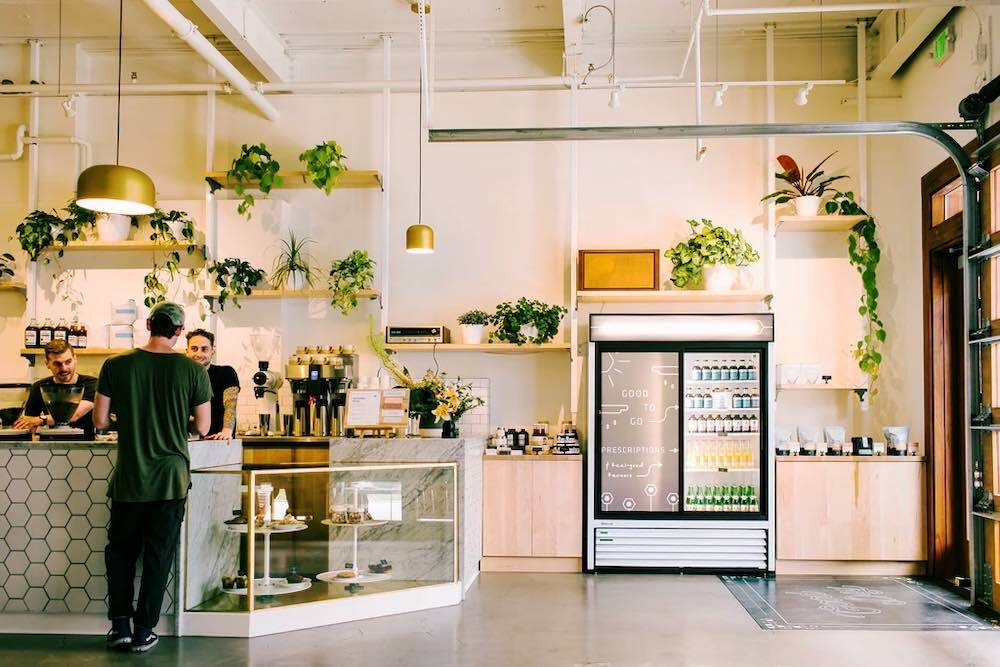
Roasted in Rose City: A Tour of Portland’s 20+ Top Coffee Shops
[pac_divi_table_of_contents default_state="closed" icon_position="left" exclude_headings_by_class="on" included_headings="off|on|off|off|off|off" level_markers_1="icons" icon_marker_1="E||divi||400" level_markers_2="icons" icon_marker_2="E||divi||400"...

Read Local: Venture Inside Portland’s Literary Arts Scene
[pac_divi_table_of_contents default_state="closed" icon_position="left" exclude_headings_by_class="on" included_headings="off|on|off|off|on|off" level_markers_1="icons" icon_marker_1="E||divi||400" level_markers_2="icons" icon_marker_2="E||divi||400"...

18 Unbelievably Weird Museums in Portland to Explore
Curious traveler, if you’re drawn to the weird, wacky, and wonderfully eerie, Portland is calling your...
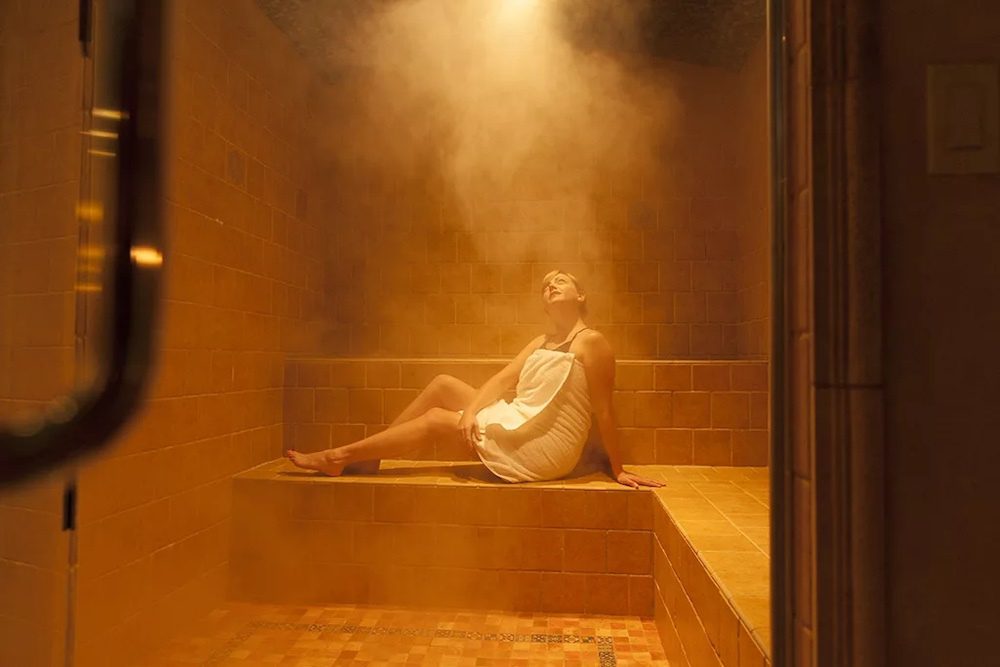
20 Best Wellness Retreats in Portland: Feel the Difference
[pac_divi_table_of_contents icon_position="left" exclude_headings_by_class="include" included_headings="on|on|on|on|on|off" level_markers_1="icons" level_markers_2="none" level_markers_3="none" level_markers_4="none" level_markers_5="none"...
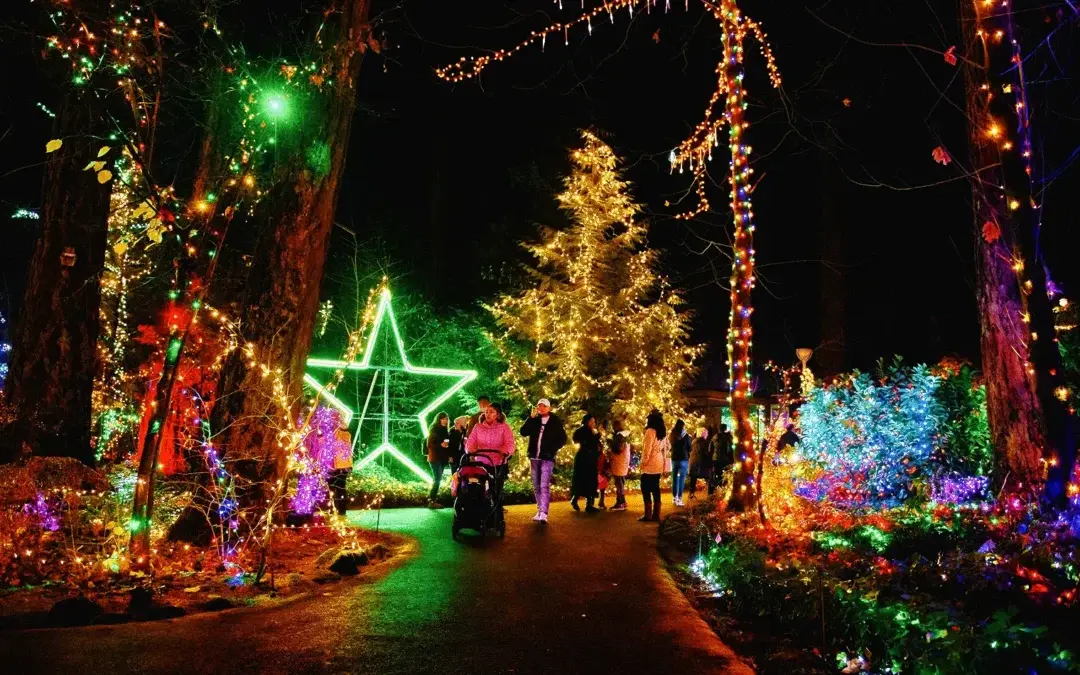
Join in the Festive Spirit of Portland’s Winter Celebrations
Against the backdrop of the snow-capped Cascade Mountains, Portland winters sparkle with...
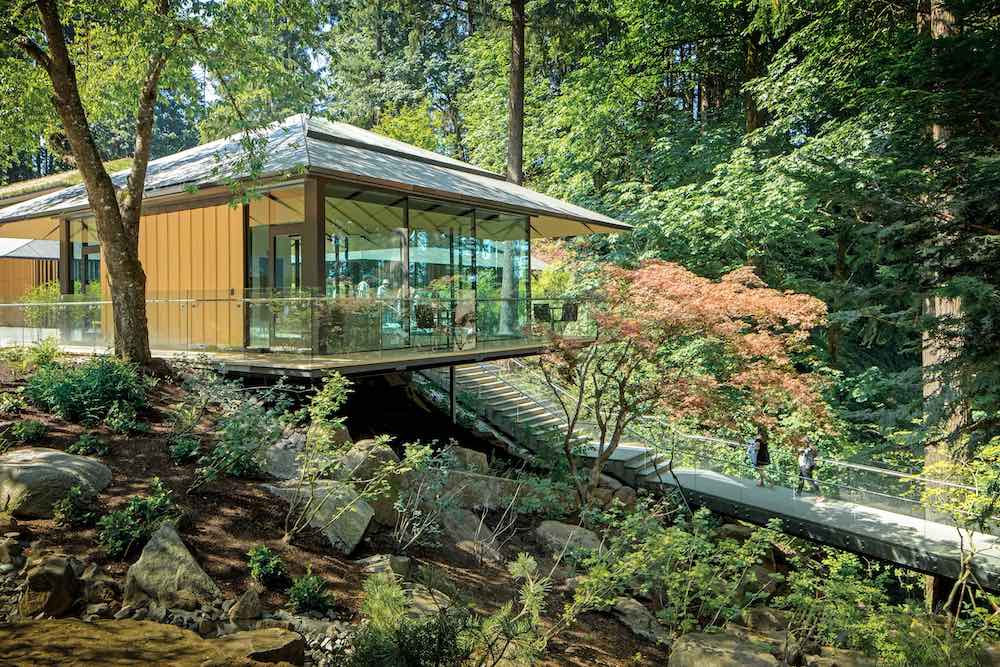
Sip and Savor: The 16 Best Tea Houses in Portland
[pac_divi_table_of_contents default_state="closed" icon_position="left" exclude_headings_by_class="on" included_headings="off|on|off|off|off|off" level_markers_1="icons" icon_marker_1="E||divi||400" level_markers_2="icons" icon_marker_2="E||divi||400"...
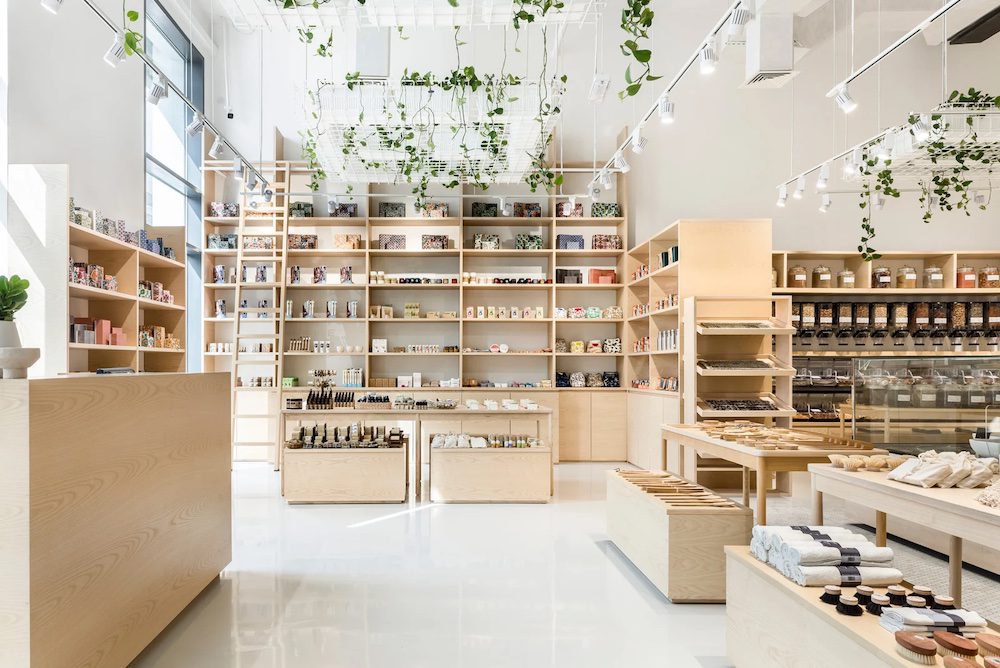
Shop Green in Portland: Eco-Friendly Stores You’ll Love
Portland, Oregon, is a haven for sustainable shopping, with plenty of local stores offering ethically-made and environmentally-friendly products for customers dedicated to green living. If you’re an eco-conscious consumer, you’ll love exploring the best places to...

Ghostly Adventures: Portland’s Most Haunted Locations
Whispers in the dark… footsteps that aren’t there… Halloween is just around the corner, and Portland’s spirits are restless! Are you ready for a ghostly adventure? Portland isn’t just known for its quirky charm and vibrant culture but also for being a hotspot for...
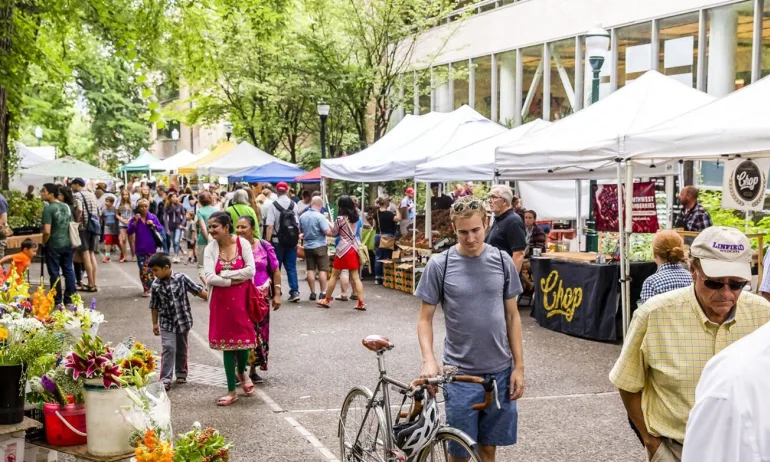
Amazing Local Artisans abound at Portland Saturday Market
If you’re visiting Portland, you absolutely have to check out the iconic Portland Saturday Market. It’s the largest continuously operating open-air arts and crafts market in the country, and it’s packed with incredible local artisans and makers. Spend a day browsing...

